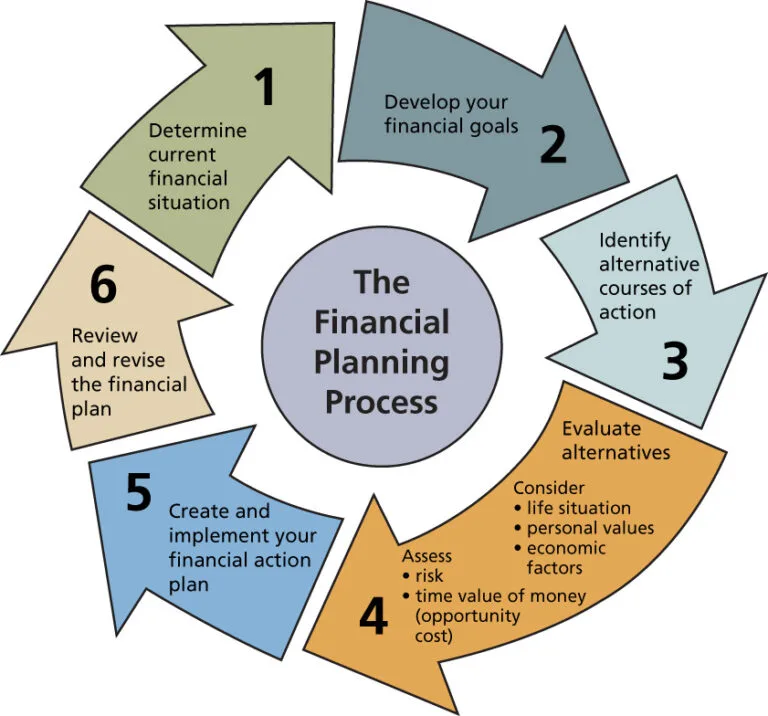Phone: +966-50-7024644 | Email: info@ghalibconsulting.com
Table of Contents
Financial Planning Process in Dubai: 6 Expert Guide for Business Growth | Ghalib Consulting
Financial planning is the backbone of any successful business. Whether you’re a startup or an established company in Dubai, a structured financial plan helps you allocate resources efficiently, manage risks, and achieve long-term growth.
At Ghalib Consulting, we specialize in helping businesses in Dubai navigate the financial planning process with expert strategies tailored to the local market. This guide breaks down the key steps of financial planning and how they can drive profitability and sustainability.
https://images.unsplash.com/photo-1454165804606-c3d57bc86b40?ixlib=rb-1.2.1&auto=format&fit=crop&w=1200&q=80
Image: A well-structured financial plan ensures business stability and growth.
1. Setting Financial Goals
Every financial plan starts with clear, measurable objectives. These could include:
- Short-term goals: Cash flow management, debt reduction.
- Long-term goals: Business expansion, asset acquisition, exit planning.
Why It Matters?
✔ Aligns financial decisions with business vision.
✔ Provides a roadmap for growth.
2. Assessing Current Financial Health
Before planning for the future, businesses must evaluate their current financial status by analyzing:
- Balance sheets (assets, liabilities, equity).
- Income statements (revenue, expenses, profitability).
- Cash flow statements (liquidity and operational efficiency).
https://images.unsplash.com/photo-1551288049-bebda4e38f71?ixlib=rb-1.2.1&auto=format&fit=crop&w=1200&q=80
Image: Analyzing financial statements helps identify strengths and weaknesses.
3. Budgeting & Forecasting
A realistic budget ensures controlled spending, while financial forecasting predicts future performance based on trends.
Key Elements:
- Revenue projections (sales growth, market trends).
- Expense management (fixed vs. variable costs).
- Contingency planning (emergency funds, risk buffers).
Why It Matters?
✔ Prevents overspending and cash flow shortages.
✔ Helps secure financing with data-backed projections.
4. Risk Management & Mitigation
Businesses in Dubai face risks like market volatility, regulatory changes, and economic fluctuations. A strong financial plan includes:
- Insurance coverage (liability, property, key person insurance).
- Diversification strategies (multiple revenue streams).
- Compliance checks (local tax and business laws).
https://images.unsplash.com/photo-1460925895917-afdab827c52f?ixlib=rb-1.2.1&auto=format&fit=crop&w=1200&q=80
Image: Proactive risk management protects against financial downturns.
5. Investment & Growth Strategies
Profitable businesses reinvest wisely. Financial planning helps determine:
- Capital allocation (R&D, marketing, infrastructure).
- ROI analysis (which investments yield the best returns).
- Scaling opportunities (new markets, partnerships).
Why It Matters?
✔ Maximizes profitability and competitive advantage.
✔ Ensures sustainable expansion.
6. Monitoring & Adjusting the Plan
Financial planning is not a one-time task—it requires regular reviews and adjustments. Key actions include:
- Monthly/quarterly financial reviews.
- Performance benchmarking (KPIs, industry standards).
- Adapting to market changes (new regulations, economic shifts).
https://images.unsplash.com/photo-1551288049-bebda4e38f71?ixlib=rb-1.2.1&auto=format&fit=crop&w=1200&q=80
Image: Continuous monitoring keeps financial plans effective.
How Ghalib Consulting Can Help
Our financial planning services in Dubai include:
✅ Customized financial roadmaps
✅ Cash flow optimization
✅ Risk assessment & mitigation
✅ Investment strategy development
📞 Contact Us Today:
📧 ghalib@ghalibconsulting.com | 📞 *+966-50-7024644*
Conclusion
A well-executed financial planning process is crucial for business success in Dubai. From goal-setting to risk management, each step ensures stability, growth, and resilience in a competitive market.

